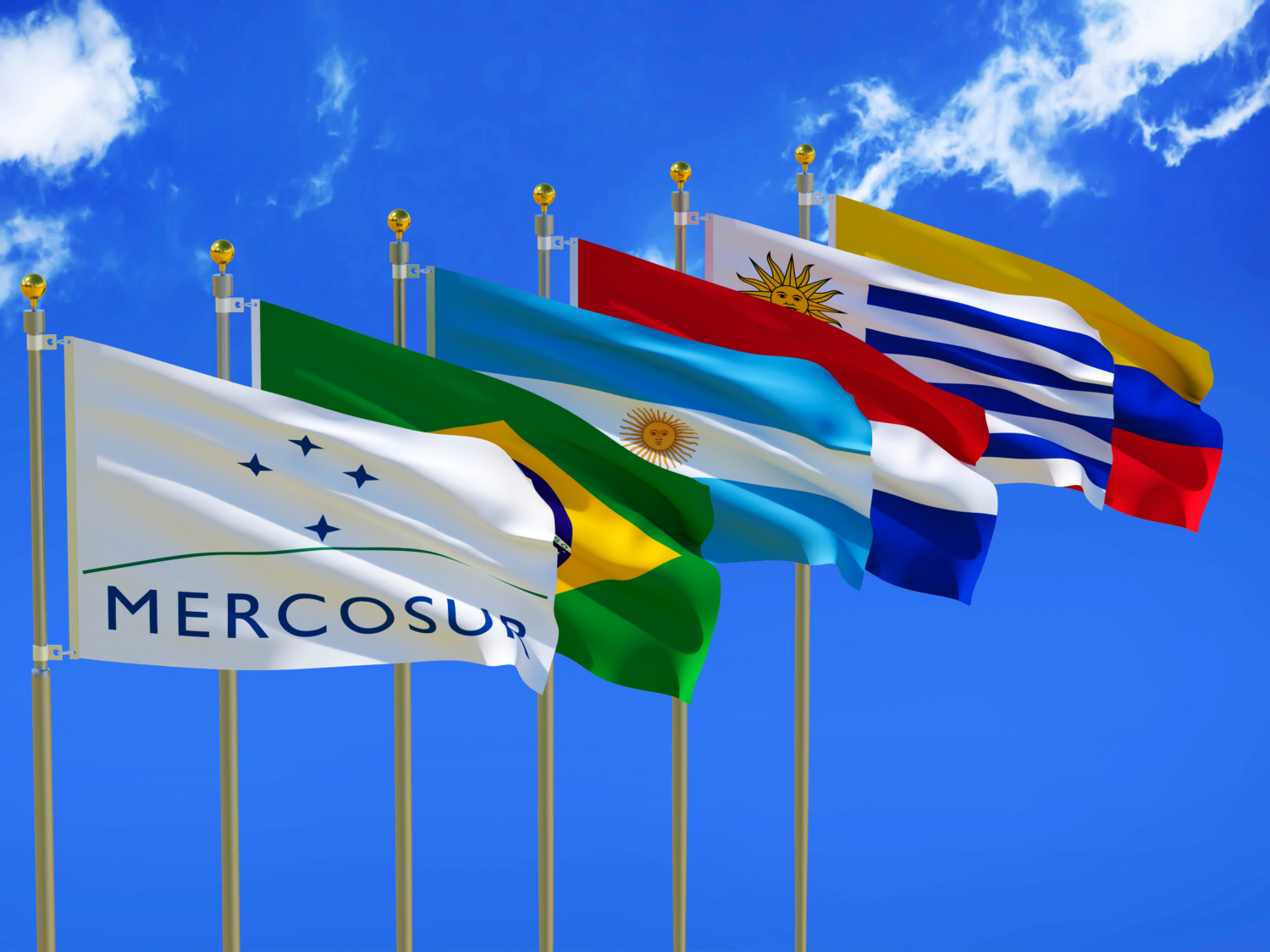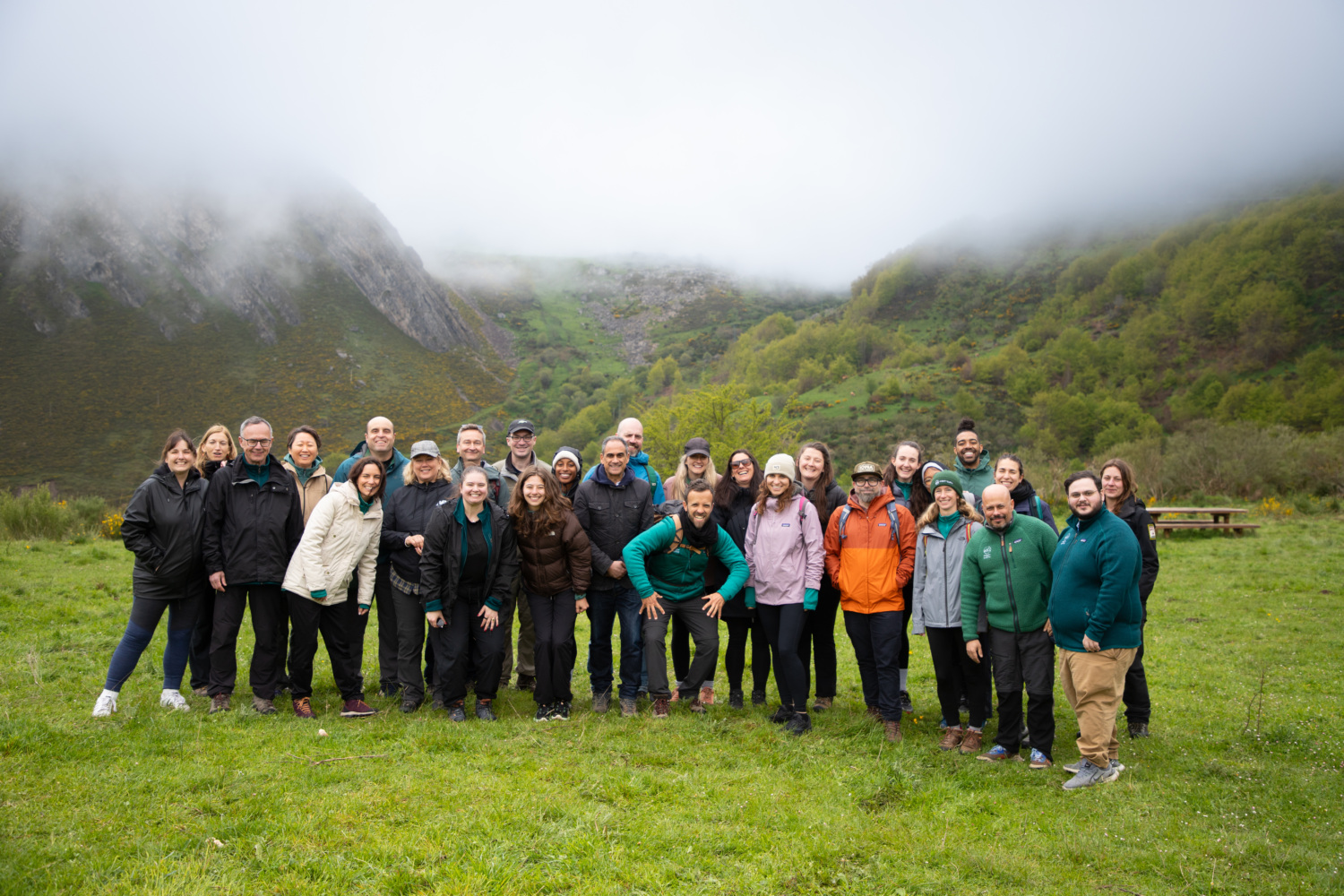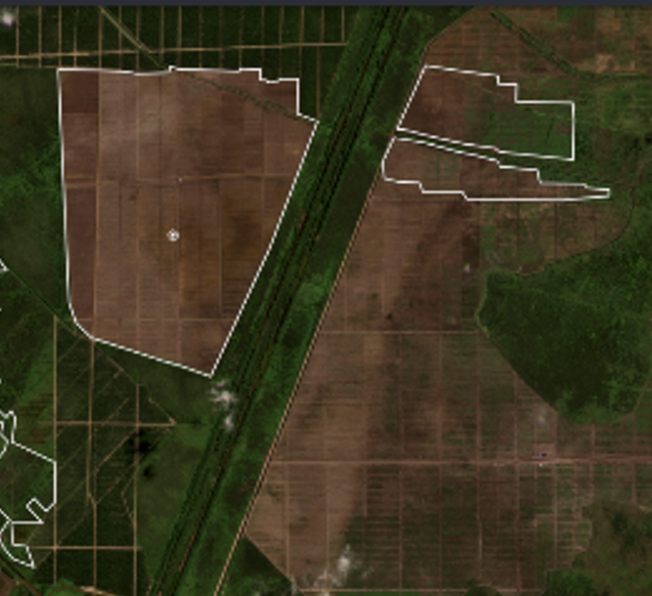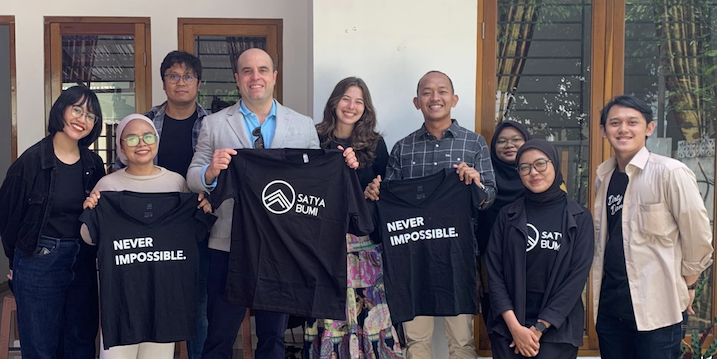
CEO Note: Is Indonesia poised to turn the tide on deforestation?
By Glenn Hurowitz, Founder & CEO
I recently returned from a week in Asia working on Mighty Earth’s priorities in the region, and wanted to share some findings.
Improved Understanding – But Deforestation Continues
We had meetings with a wide range of stakeholders about the ‘world’s largest deforestation project’ – Indonesia’s Food and Energy Estates – and its needless threat to forests, wildlife, peatlands, and communities.
The Prabowo administration has boosted its understanding of the potential to expand this project onto degraded lands instead of undermining Indonesia’s climate goals by continuing the destruction. They also increasingly understand how the continuation of this project is a major obstacle to financing their exciting plans for Nature restoration. And the administration continues to be open to dialogue with a wide range of partners, investors, and others.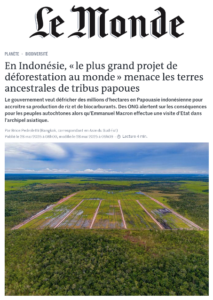
Both Indonesian and international voices are being heard. A letter from Indonesian and French organizations to President Macron on the eve of his state visit to Indonesia prompted an excellent article in Le Monde.
More than 34 global agribusinesses have already reported that they are not sourcing from the Jhonlin and Fangiono family groups connected to the project. We are working to bring more pressure to bear on the project through outreach to additional institutional investors and customers.
Despite this attention and engagement, the deforestation is continuing, and has reached more than 11,000 hectares. We hope the administration will act soon to protect the country’s amazing natural resources.
Nature Finance
Indonesia has become much more engaged on driving nature finance, including notably the Tropical Forest Forever Facility. This is great news, because we believe it’s essential to get the TFFF up and running and delivering benefits by Belém – or risk falling subject to the same technical sniping that has smothered other nature finance efforts in the cradle.
Transition Minerals
The Prabowo administration has demonstrated potential to take positive action for the environment. It just announced steps to protect Indonesia’s natural treasures from irresponsible nickel mining and smelting practices. Following brave Greenpeace protests at a big minerals conference in Jakarta and an investigation, as well as work by Global Witness, Auriga, and others, the Indonesian government has shut down four out of five nickel permits in Raja Ampat, one of the most biodiverse marine ecosystems in the world and a magnet for divers. Indonesian environmentalists are calling for the fifth on Gag Island to also be revoked.

Environment Minister Hanif Nurofiq also inspected Tsingshan’s smelter at Morowali Industrial Park in Sulawesi and announced, “These are not mere administrative matters – this pertains to human lives, to the future of our environment and our accountability…The state will be involved – stronger and more firmly… We will be present – in order to safeguard the environment and prioritize people. It is impermissible for another disaster to result from negligent management of industrial impacts on the environment.” Tsingshan subsequently announced it is temporarily halting operations at Morowali due to low nickel prices (via Reformasi Weekly).
If you’re interested in reading more about driving decarbonization of transition minerals like nickel, check out my colleagues’ article in the new edition of Steel Times International (on the off chance it’s not already on your bedside table); they focus on what the steel industry needs to do, noting that EV batteries make up less than a tenth of the market for nickel, with more than two-thirds going to stainless steel.
During our trip, we also met with Hyundai executives in Korea (with thanks to our allies at SFOC for their support!) to discuss both transition minerals and broader decarbonization issues. More on some of the exciting results soon!
…but wait, there’s more
If, after reading this email, you somehow still have an appetite for more thoughts from me about Indonesia, listen to my appearance on the Reformasi Dispatch podcast with Kevin O’Rourke. And if you don’t have an appetite for more Glenn, at least listen to the fascinating first half of the podcast which is full of trenchant analysis about the dynamic politics in Indonesia right now.
It’s clear we need continued engagement directly with President Prabowo from governments, companies, investors and civil society, as well as media attention.
—
© 2025. The text of this article is openly licensed under Creative Commons (CC BY-ND 4.0); you are free to copy and redistribute or republish the article in its entirety with attribution and credit.
